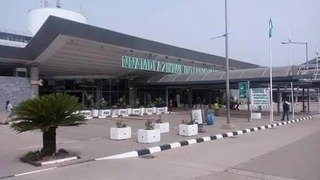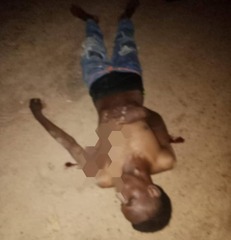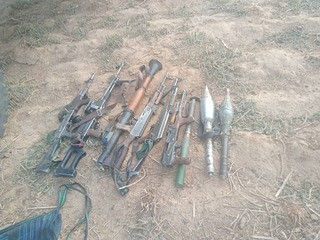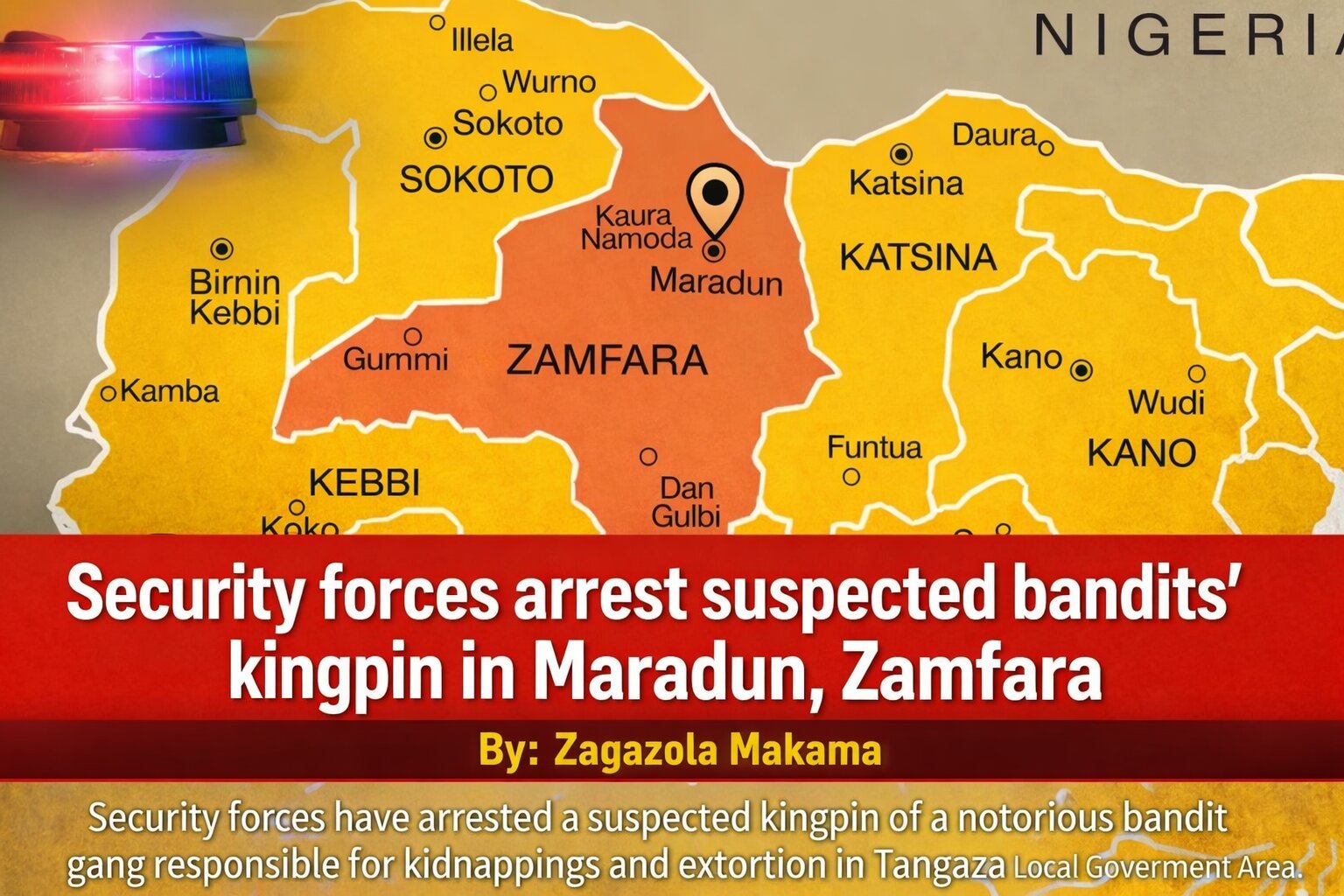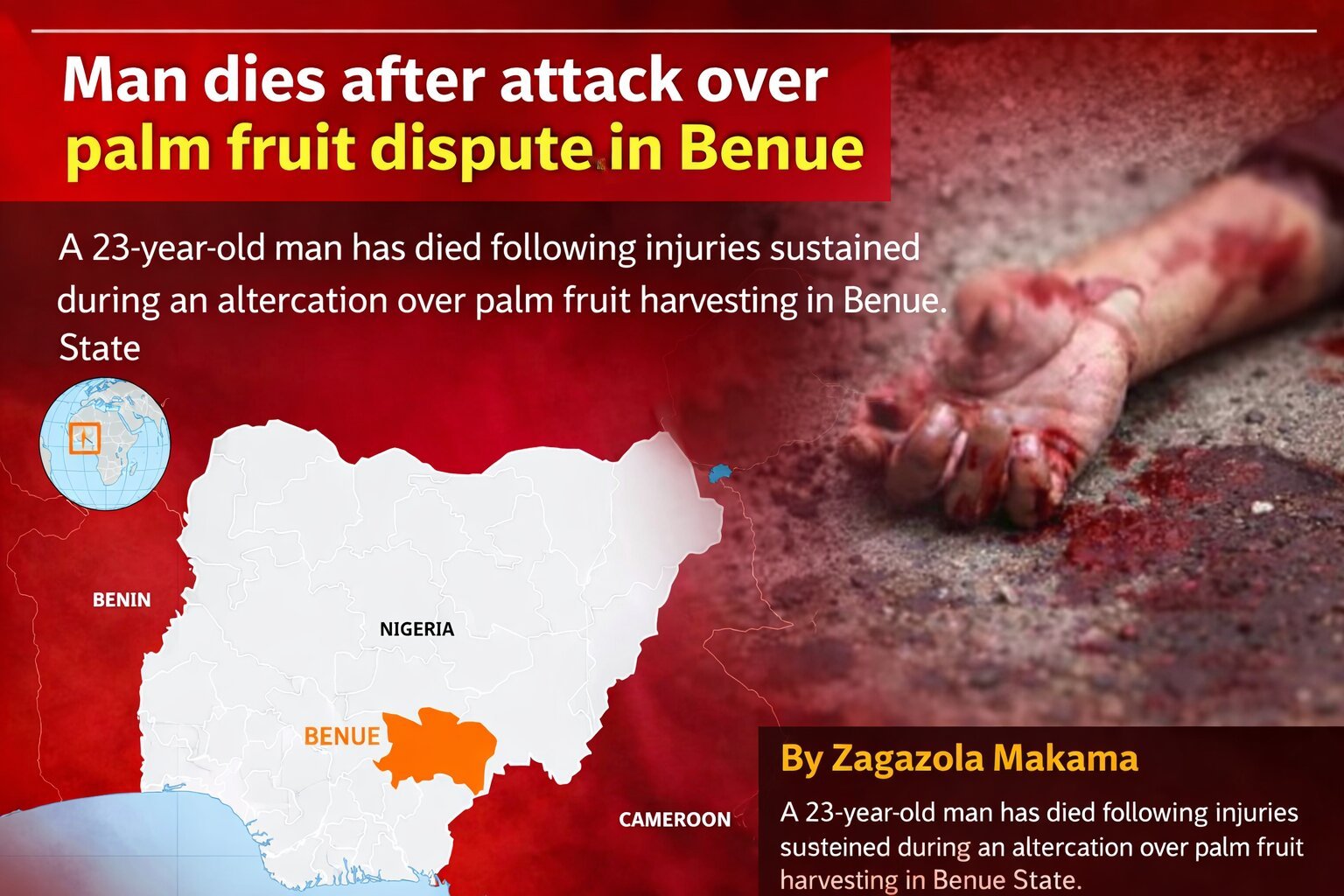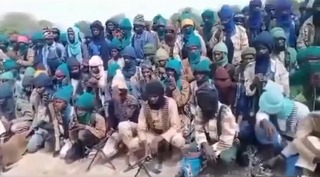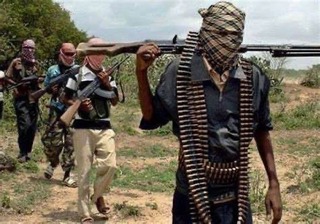The Use of Conspiracy Theories as a Tool of Diversion by AES Coup Leaders in West Africa
By: Zagazola Makama
In recent months, coup leaders in Niger, Burkina Faso, and Mali have increasingly employed conspiracy theories as a strategic tool to divert attention from the pressing challenges facing their nations. This trend was starkly illustrated by General Tiani's statements on December 17, followed by a joint communiqué from the African Economic and Security (AES) member states on December 22.
The communiqué accused Nigeria, Ivory Coast, Benin, and France of orchestrating destabilization efforts and financially supporting terrorist groups in the Sahel and Lake Chad Basin. This rhetoric, steeped in relentless propaganda, serves to distract the populace from the dire security, economic, and humanitarian crises unfolding under their rule.
Worsening Security Situation
Niger is grappling with an alarming escalation in terrorist violence. The Ministry of Defense reported significant civilian casualties from recent attacks, including a dual assault in the Tillabéri region that resulted in 39 deaths and another jihadist attack in Fambita that claimed approximately 20 lives. The situation reached a critical point on December 10, when over 250 fighters from the Islamic State in the Greater Sahara (EIGS) launched an unprecedented attack in Chatoumane, killing 91 security personnel and 47 civilians during a busy market day.
The post-coup security landscape is grim, with projections indicating that terrorist-related deaths could exceed 1,600 in 2024 a staggering 60% increase compared to 2023. The junta's inability to contain the growing influence of terrorist groups has allowed these factions greater freedom of movement, consolidating territorial control across Niger and threatening vital routes to the capital, Niamey.
Furthermore, the junta has struggled to safeguard critical energy infrastructure, with frequent sabotage targeting the Niger-Benin pipeline, a project intended to enhance national prosperity.
In Mali, the situation is equally dire. The JNIM (Group for the Support of Islam and Muslims) has imposed a blockade on Léré since November 29, severely restricting access to essential supplies and exacerbating the humanitarian crisis.
Mali continues to experience escalating violence from various armed groups, including jihadist factions such as the JNIM and the Islamic State in the Greater Sahara (EIGS). The ongoing insurgency has led to a high number of civilian casualties and displacement, creating a climate of fear and instability. The junta is struggling to secure large parts of the country, particularly in the northern and central regions, where these groups operate with relative impunity.
Deteriorating Economic Conditions
The economic landscape in Niger has drastically shifted since the coup. Prior to the coup, the World Bank projected a robust 7% economic growth for 2023 and an impressive 12.5% for 2024. Inflation remained remarkably low at 4%, and the country experienced its first year without significant disruptions to education due to strikes.
However, the aftermath of the coup has been catastrophic. Niger has defaulted on $519 million in loans, missing four debt payments. The World Bank now forecasts a staggering 45% drop in economic growth compared to earlier estimates. Food prices have surged, with staples like millet, sorghum, maize, and rice witnessing over a 12% increase year-over-year, placing immense strain on the population. The closure of borders with Nigeria and Benin has further deepened the economic turmoil, leaving many citizens struggling to meet basic needs.
Decline in Democracy and Fundamental Rights
The coup has ushered in a new era of authoritarianism in Niger, effectively terminating democratic governance. The military junta has systematically dismantled the democratic institutions established under the leadership of former President Bazoum, whose election in 2021 was widely regarded as a landmark moment for democracy in Niger.
Post-coup, opposition groups face severe intimidation and restrictions, with loyal military figures replacing regional governors. The junta's actions have culminated in the dissolution of all local councils in April 2024, with military officials assuming control over previously elected positions, including that of the mayor of Niamey. Human rights and media freedoms have come under siege, with journalists facing violence, surveillance, and imprisonment for critical reporting. The junta's repression has intensified in response to press exposés of defense budget corruption, leading to the closure of the Press House in January 2024.
Surge in Disinformation
The information landscape in Niger has become increasingly dominated by disinformation, particularly following the coup. While progress was made prior to the coup to protect human rights, including a law safeguarding defenders from reprisals, the post-coup environment has seen a notable surge in misinformation, primarily propagated through pro-Russian networks. Most of these disinformation accounts operate from outside Niger, distorting narratives about the junta and the country's situation.
Erosion of Transparency
Before the coup, Niger had made strides toward transparency, including a 2020 audit of defense spending that revealed significant unaccounted expenditures. However, since the coup, accountability laws in the defense sector were repealed in February 2024, raising concerns about corruption and governance. Reports suggest that the junta may be facilitating artisanal gold trafficking to the UAE, further eroding public trust and accountability.
Conclusion
The AES coup leaders in West Africa are leveraging conspiracy theories as a diversionary tactic to deflect attention from the escalating crises in security, economy, and governance. As the situation in Niger, Burkina Faso, and Mali continues to deteriorate, the implications for regional stability and the welfare of millions remain profound. The international community must remain vigilant and responsive to the evolving dynamics in this critical region.




